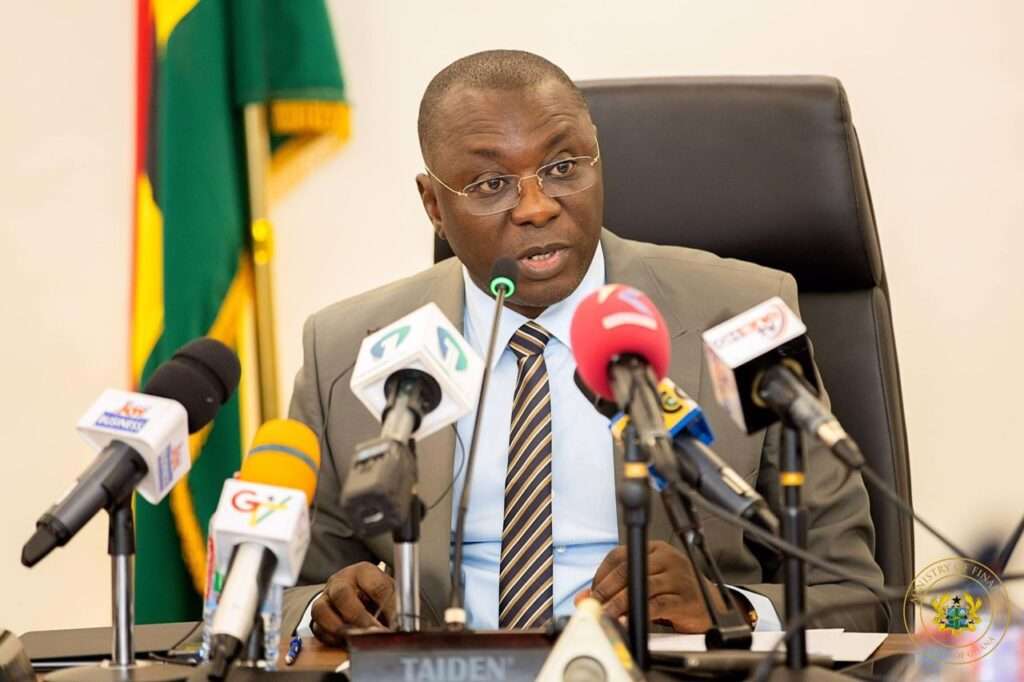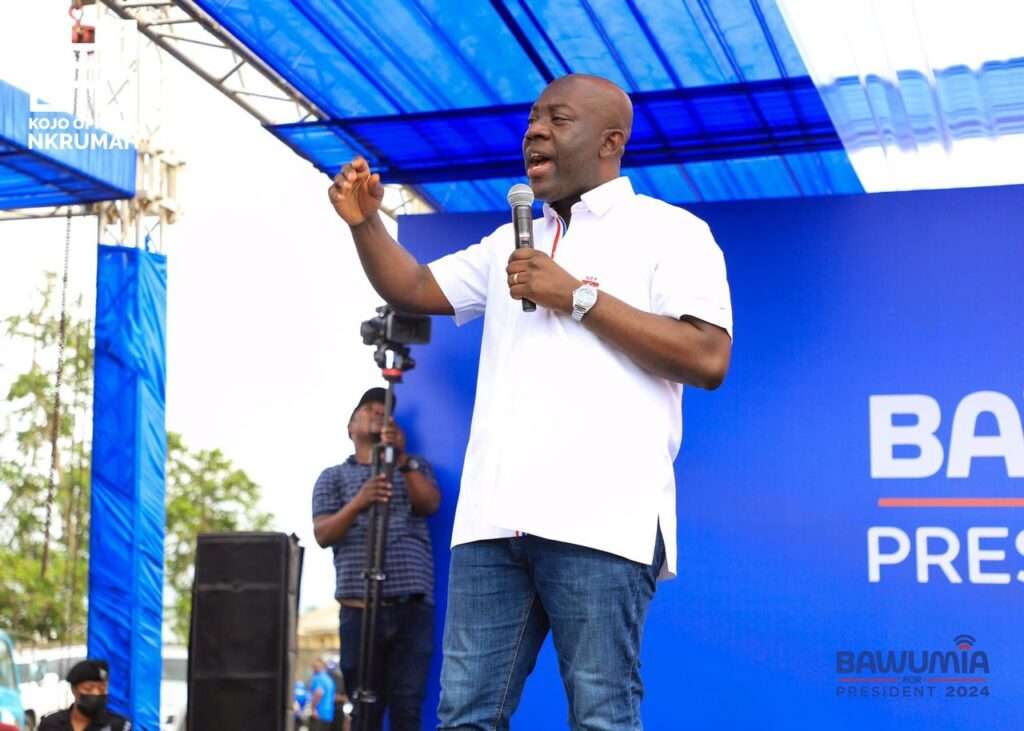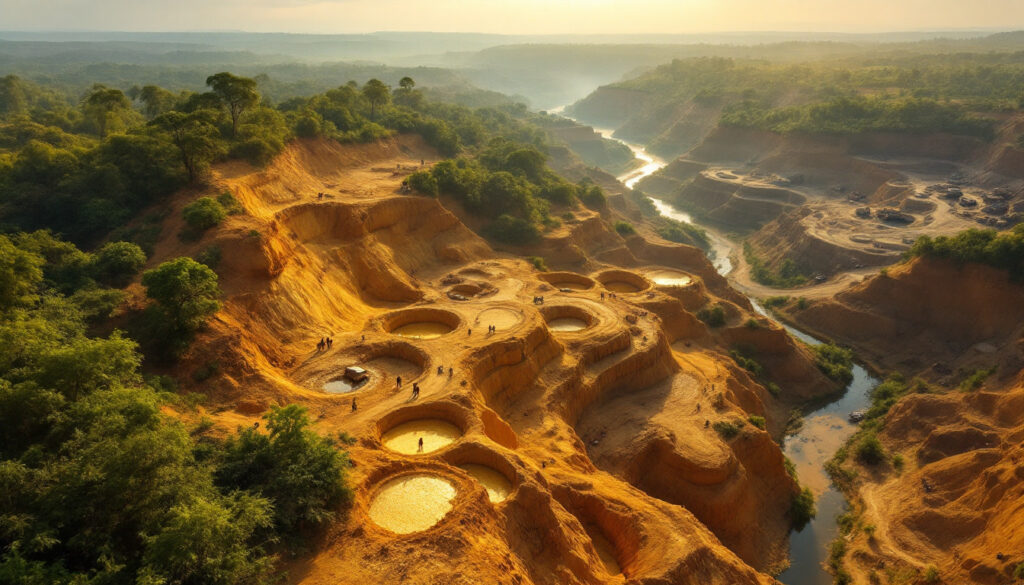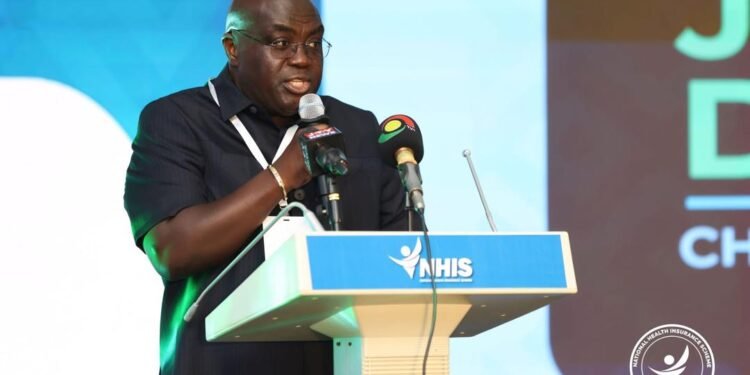The Government of Ghana has taken bold steps in recent months to reform the country’s mining sector, with a renewed focus on promoting sustainable practices and curbing the long-standing menace of illegal mining, locally known as galamsey.
However, these actions have not gone unchallenged. A growing chorus of criticism, particularly from the Minority in Parliament, has cast a shadow over the government’s approach.
The opposition accused the ruling administration of implementing a string of harmful and counterproductive policies that, rather than safeguarding the industry, may be endangering its future.
They described the new policies as “potentially dire” for the country’s economy, particularly at a time when the mining industry plays a critical role in employment, export earnings, and investor confidence.
The MPs criticised two new tax measures: a 3% Growth and Sustainability Levy on gross mining volumes introduced in 2025, and another levy set to take effect from 2026 to 2028.
“These royalty-like levies are putting several mines already in distress into graver financial difficulties.”
Minority in Parliament
The letter also noted that miners of other minerals, such as manganese and bauxite, who have not enjoyed the same global price booms as gold, are being unfairly impacted.

“It is unjust to treat all mining enterprises as equally profitable.
“These blanket levies are regressive and short-sighted.”
Minority in Parliament
Another significant policy shift is the enactment of the Goldbod Act, which prohibits foreign entities from trading or exporting gold in Ghana.
Effective from May 1, 2025, this law mandates that only the newly established Ghana Gold Board (GoldBod) can buy, sell, assay, and export gold produced by licensed small-scale miners.
The Minority called the legislation a serious misstep that violates constitutional protections, particularly by retroactively affecting existing contracts and licenses.
“This Act sends a chilling message to the international investment community.
““It violates investor rights and undermines Ghana’s reputation as a stable and law-abiding jurisdiction.”
Minority in Parliament
The opposition MPs were equally critical of the government’s refusal to renew the lease of Gold Fields Ghana’s Damang Mine. Gold Fields, a major international mining operator with decades of experience in Ghana, has been a key contributor to the economy and job creation.
“The government could have used the lease renewal process to renegotiate improved terms, rather than force out an experienced operator.”
Minority in Parliament

The MPs argued that the refusal to renew the lease discourages long-term investment and creates an unpredictable regulatory environment.
Adding to the controversy is the government’s move to defund 80% of the Minerals Income Investment Fund (MIIF), a key vehicle for Ghana’s equity participation in mining.
The Minority views this as a retreat from the country’s ambition to take a meaningful stake in its resources, potentially limiting future economic benefits from the mining sector.
“This decision undermines our sovereign investment strategy and reduces our leverage in negotiating better deals with multinational corporations.”
Minority in Parliament
Call for Mining Policy Reconsideration

In their letter, the Minority called on the government to reconsider its approach to the mining sector.
“This is the time when government must bolster economic stability and attract, rather than discourage, foreign direct investment.”
Minority in Parliament
They called for the reinstatement of canceled mining leases, a rollback of excessive levies, a more investor-friendly legislative framework, and a renewed commitment to community safety and local content development.
“The mining sector is one of Ghana’s economic pillars.
“Undermining it with shortsighted policies not only endangers livelihoods but also weakens our national development trajectory.”
Minority in Parliament
While the government’s recent reforms—such as revoking small-scale licenses, establishing the Ghana Gold Board, and assuming control of the Damang mine—reflect a commitment to curbing illegal mining and safeguarding national resources, they have also sparked valid concerns from key stakeholders.
The Minority in Parliament and civil society groups argue that these abrupt changes, if not implemented transparently and inclusively, could undermine investor confidence and disrupt livelihoods.
Nonetheless, Ghana retains the potential to develop a mining industry that is both economically viable and socially responsible.
Achieving this requires balancing regulatory enforcement with genuine community engagement, ensuring that mining contributes to national development without compromising environmental sustainability or the rights of citizens.
With strategic oversight, transparent governance, and accountability, Ghana can transform its mining sector into a model for inclusive and sustainable resource management in Africa.























